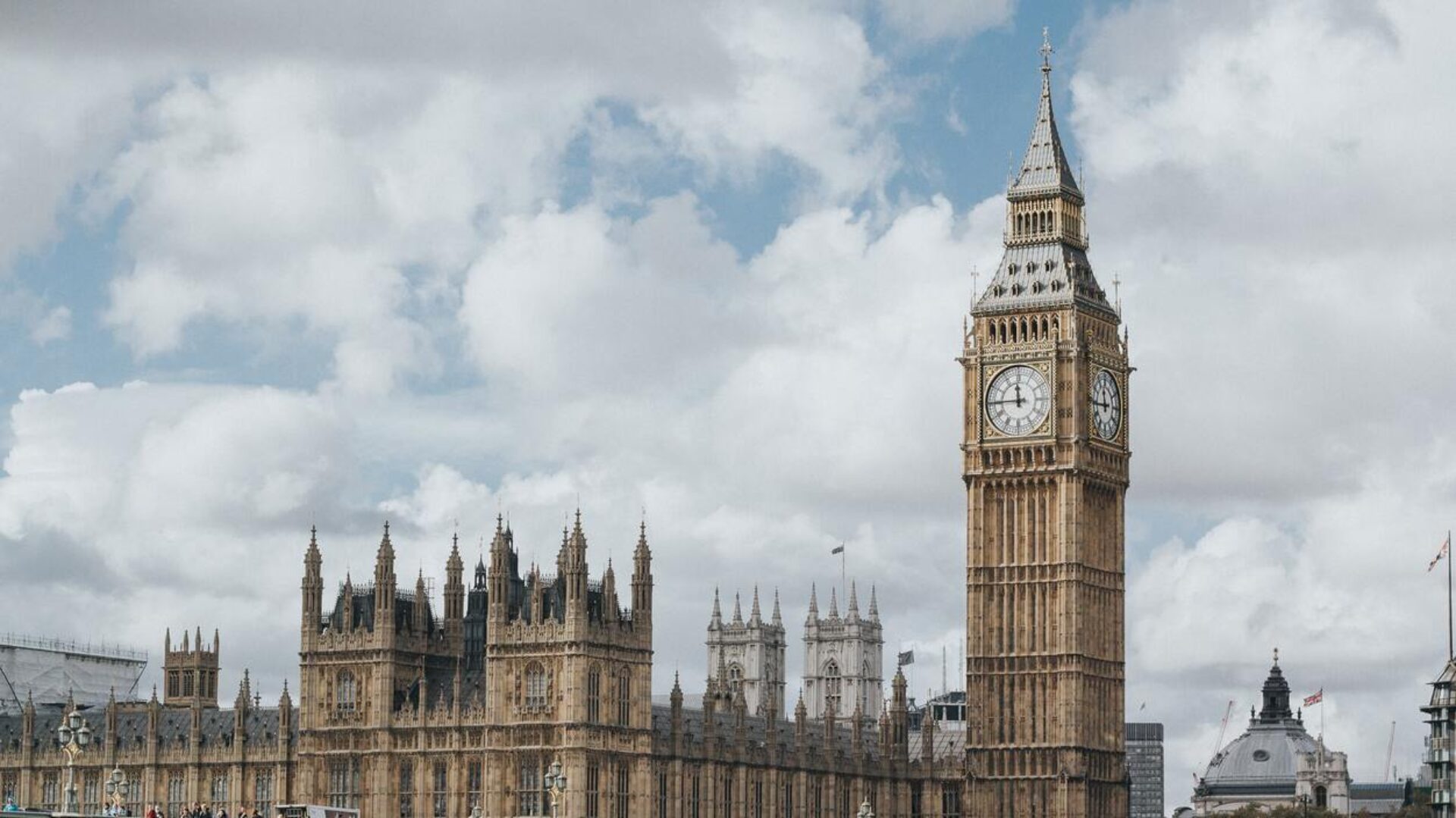University of Cambridge

University of Cambridge
The University of Cambridge: A Beacon of Scholarship, Innovation, and Tradition
I. Introduction of University of Cambridge
The University of Cambridge, often referred to simply as Cambridge, is one of the world's most renowned and venerable institutions of higher learning. Situated in the historic city of Cambridge, England, this university has a storied history, a rich tradition, and a profound impact on academia, research, and society at large. In this essay, we will delve into the history, structure, notable alumni, and contributions of the University of Cambridge to the world of education, science, and culture.
II. Historical Background in University of Cambridge
Cambridge's origins can be traced back to the 13th century when a group of scholars fled from the University of Oxford due to disputes with local townsfolk. These scholars found refuge in Cambridge and established a new center of learning. In 1209, a dispute between a student and a townsman in Oxford led to a mass migration of scholars to Cambridge, solidifying its role as a burgeoning academic institution.
The university received its first official charter from King Henry III in 1231, which granted it certain privileges and exemptions. Over the centuries, Cambridge steadily grew in stature, attracting scholars and students from across Europe.

III. Collegiate Structure in University of Cambridge
Similar to Oxford, Cambridge is renowned for its collegiate structure. The university is composed of 31 autonomous colleges, each with its own unique history, traditions, and academic focus. These colleges serve as not only places of learning but also as social communities, providing students with a supportive and intellectually stimulating environment.
The tutorial system, akin to that of Oxford, is a hallmark of education at Cambridge. Undergraduates receive individual or small-group instruction from experienced academics, allowing for in-depth exploration of their chosen subjects and the development of critical thinking skills.
IV. Notable Alumni in University of Cambridge
Cambridge has a remarkable alumni network that includes numerous influential figures who have made significant contributions to various fields. Here are some of the most notable Cambridge alumni:
- Sir Isaac Newton: One of the greatest physicists and mathematicians in history, Newton formulated the laws of motion and universal gravitation. His work laid the foundation for classical physics.
- Charles Darwin: The naturalist and biologist is known for his groundbreaking theory of evolution by natural selection, presented in his book "On the Origin of Species."
- Stephen Hawking: The theoretical physicist, known for his work on black holes and cosmology, was a student and professor at Cambridge.
- John Maynard Keynes: An influential economist, Keynes's ideas on macroeconomics and the role of government in managing economic crises helped shape modern economic policy.
- Alan Turing: The mathematician and computer scientist is considered the father of computer science and artificial intelligence. He played a pivotal role in breaking Nazi codes during World War II.
- Sylvia Plath: The American poet and novelist studied at Newnham College, Cambridge. Her work, including "The Bell Jar," has left a lasting impact on literature.
- Nelson Mandela: The anti-apartheid revolutionary and former President of South Africa completed a correspondence law degree through the University of London while imprisoned and later received honorary degrees from Cambridge.
- John Cleese: The comedian, actor, and co-founder of Monty Python attended Downing College, Cambridge.
These alumni represent just a fraction of the influential figures who have emerged from Cambridge, and the list continues to grow.

V. Academic Excellence in University of Cambridge
Cambridge University is consistently ranked among the world's top universities for its academic excellence. It offers a wide range of undergraduate and postgraduate programs, attracting some of the brightest minds from around the globe. Its faculty members are leading experts in their respective fields, and the university's research output is prolific.
The Cambridge libraries, particularly the Cambridge University Library, are treasure troves of knowledge. The university's libraries house a vast collection of books, manuscripts, and archives, making them invaluable resources for scholars and researchers.
VI. Contributions to Society in University of Cambridge
Cambridge has a profound impact on society, not only through its academic research but also through the contributions of its alumni. Scientific breakthroughs originating from Cambridge include the discovery of the structure of DNA by James Watson and Francis Crick, as well as the development of the first computer, the Electronic Delay Storage Automatic Calculator (EDSAC), by Maurice Wilkes and his team.
The university's emphasis on interdisciplinary research has led to innovations in a wide range of fields, from medicine and technology to literature and the arts. Cambridge alumni have played key roles in shaping public policy, literature, the arts, and the sciences, furthering the university's legacy of societal contributions.

VII. Challenges and Adaptations in University of Cambridge
Cambridge, like many venerable institutions, has not been without its share of challenges. It has faced issues related to diversity, inclusion, and access, and efforts have been made to address these concerns and create a more inclusive environment.
In recent years, the university has also been at the forefront of debates on academic freedom and the role of universities in society. These discussions reflect the ongoing need for institutions like Cambridge to adapt to changing societal dynamics while upholding their commitment to rigorous academic standards.
VIII. Conclusion
In conclusion, the University of Cambridge is a beacon of scholarship, innovation, and tradition. Its centuries-old history, collegiate structure, impressive alumni network, academic excellence, and contributions to society underscore its status as one of the world's premier institutions of higher learning. While it faces challenges and adapts to a changing world, Cambridge's enduring commitment to the pursuit of knowledge continues to inspire generations of scholars, researchers, and leaders worldwide.
In case, if you need Help with Homestay and Guardianship for International students in order to Study in University of Cambridge or other schools in the UK, please fill in Application below or contact us directly.


